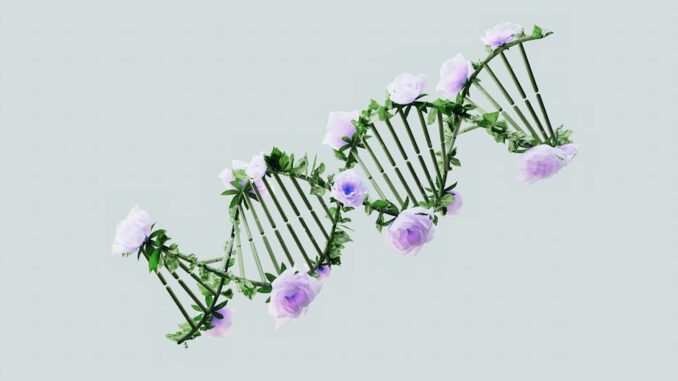
Summary
This article explores the transformative impact of artificial intelligence (AI) on genomic analysis, detailing how AI is revolutionizing the detection of genetic mutations and paving the way for personalized medicine. From accelerating analysis to enhancing accuracy, AI is reshaping healthcare by enabling faster diagnoses, targeted treatments, and improved patient outcomes. The future of healthcare is intertwined with AI’s ability to unlock the secrets of our genome.
Healthcare data growth can be overwhelming scale effortlessly with TrueNAS by Esdebe.
Main Story
Okay, so, AI and genomics are kind of blowing up right now. It’s amazing, really – how quickly artificial intelligence is changing healthcare, especially when we’re talking about genomic analysis. It’s like, we’re finally getting a real handle on the human genome thanks to these AI-powered tools. And it’s not just about understanding it better; it’s revolutionizing how we detect genetic mutations, which, you know, is paving the way for truly personalized medicine.
Think about it: the amount of data from genomic sequencing is insane. Traditional methods just can’t keep up. But AI, especially machine learning and deep learning, eats that kind of data for breakfast. They’re finding patterns that we’d miss completely, hidden anomalies that are actually pretty important. I mean, remember that time I spent weeks trying to find a correlation in that dataset? An AI could’ve done it in hours, probably while also making a coffee.
What’s really cool is how AI is boosting the accuracy of variant calling – finding those genetic mutations that cause diseases. Deep learning models are trained on huge datasets, and they’re getting incredibly good at telling the difference between harmless and harmful mutations. It’s not just about diagnosing diseases more accurately, although that’s a huge win, it’s about developing treatments that are actually tailored to your specific genetic makeup. It’s wild.
But it goes beyond just finding mutations, too. AI is helping us predict how those mutations will actually affect things. Like, how does a specific mutation lead to disease? By combining genomic sequences, gene expression profiles, and clinical info, AI can find connections between your genes and how they’re expressed. I find this super valuable.
Now, it’s not all sunshine and roses, right? Getting AI to work in genomic analysis has got its hurdles. One of the big ones is data. We need tons of high-quality, labeled datasets to train these AI models properly. Plus, we need to make sure these algorithms are transparent and that we can understand how they’re making decisions, you can’t just trust anything blindly. Also, there are ethical questions, like data privacy and making sure there aren’t biases baked into the algorithms. That would be a disaster.
Even with those challenges, the potential upside is huge. Imagine catching genetic mutations early, leading to faster treatment and saving lives. That’s the power of personalized medicine right there: treatments tailored to your genetic profile, so they’re more effective and have fewer side effects. AI can also speed up drug discovery by finding new targets and predicting how people will respond to different treatments. What’s not to love about that?
So, yeah, as AI gets better and better, its impact on genomic analysis will only get bigger. I’m guessing we’ll see even more sophisticated AI tools that can handle even more complex data. In short, the future of healthcare is definitely tied to AI and its ability to understand the secrets hidden in our genome. It’s kind of mind-blowing, isn’t it?


AI making coffee while analyzing genomes? Now that’s efficiency! But if the AI gets *too* good at personalized medicine, will we end up with bespoke diseases just to keep it busy? Asking for a friend… who may or may not be a rogue AI.